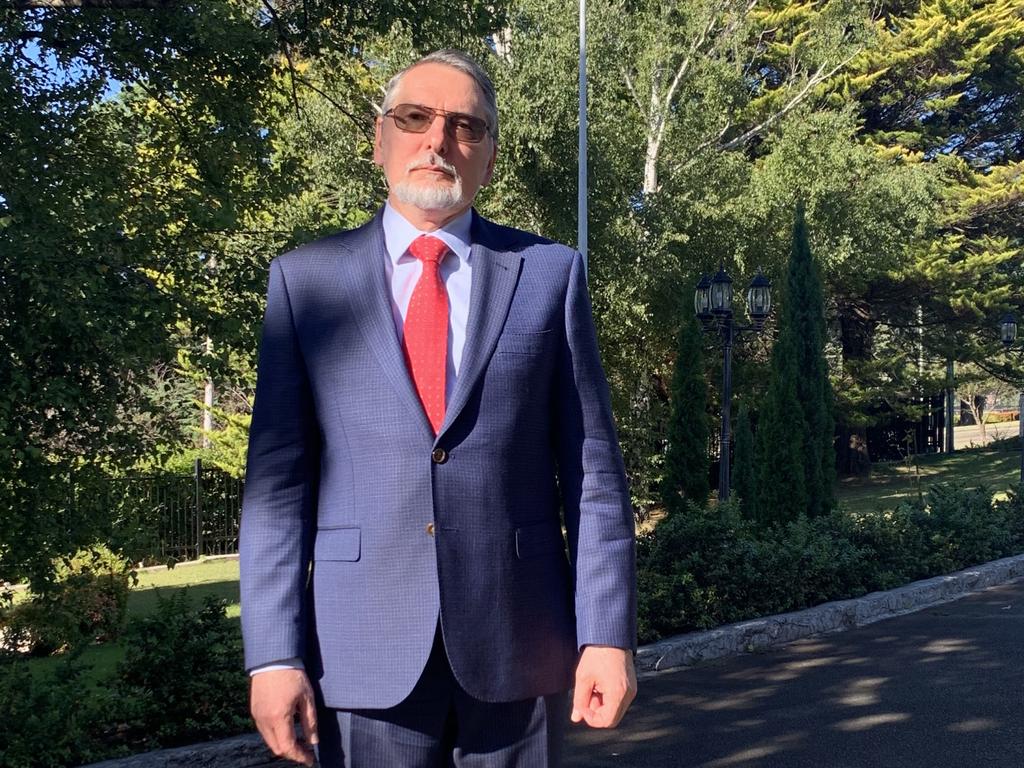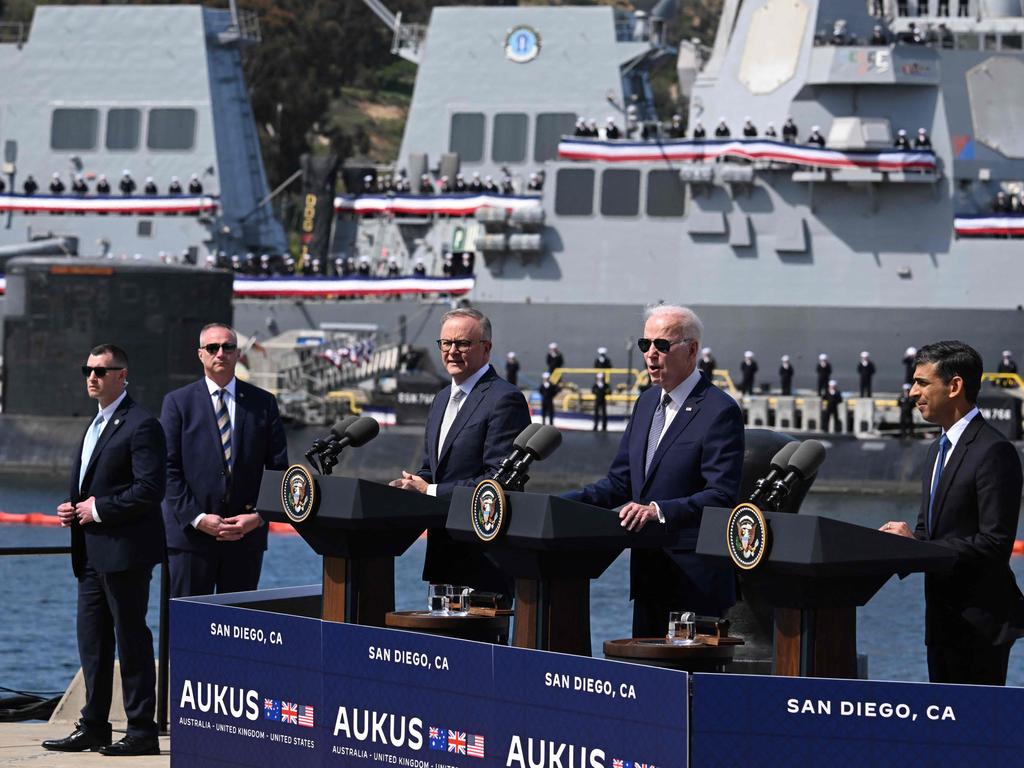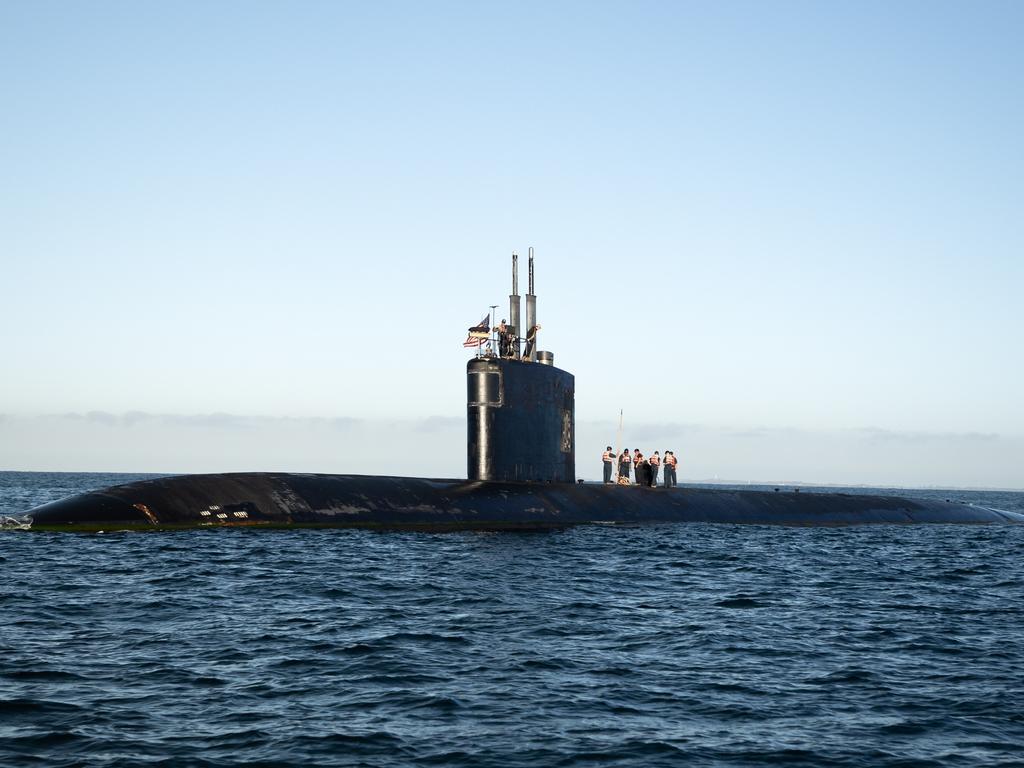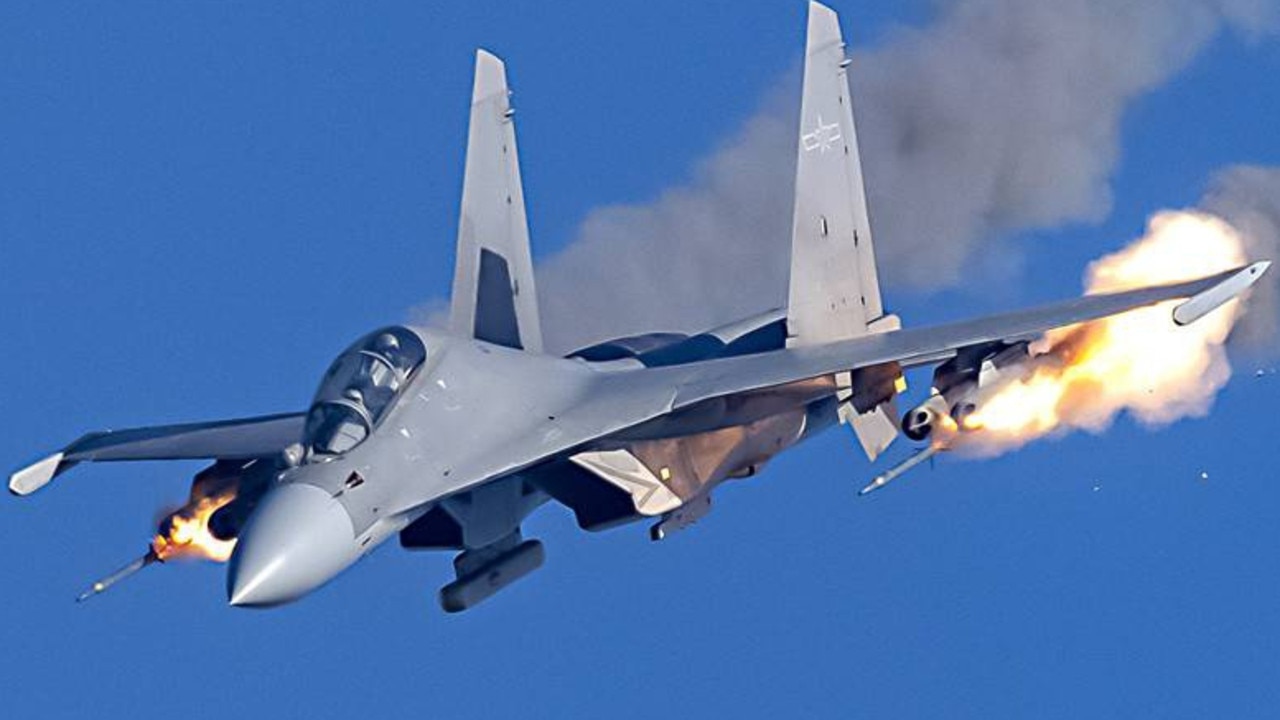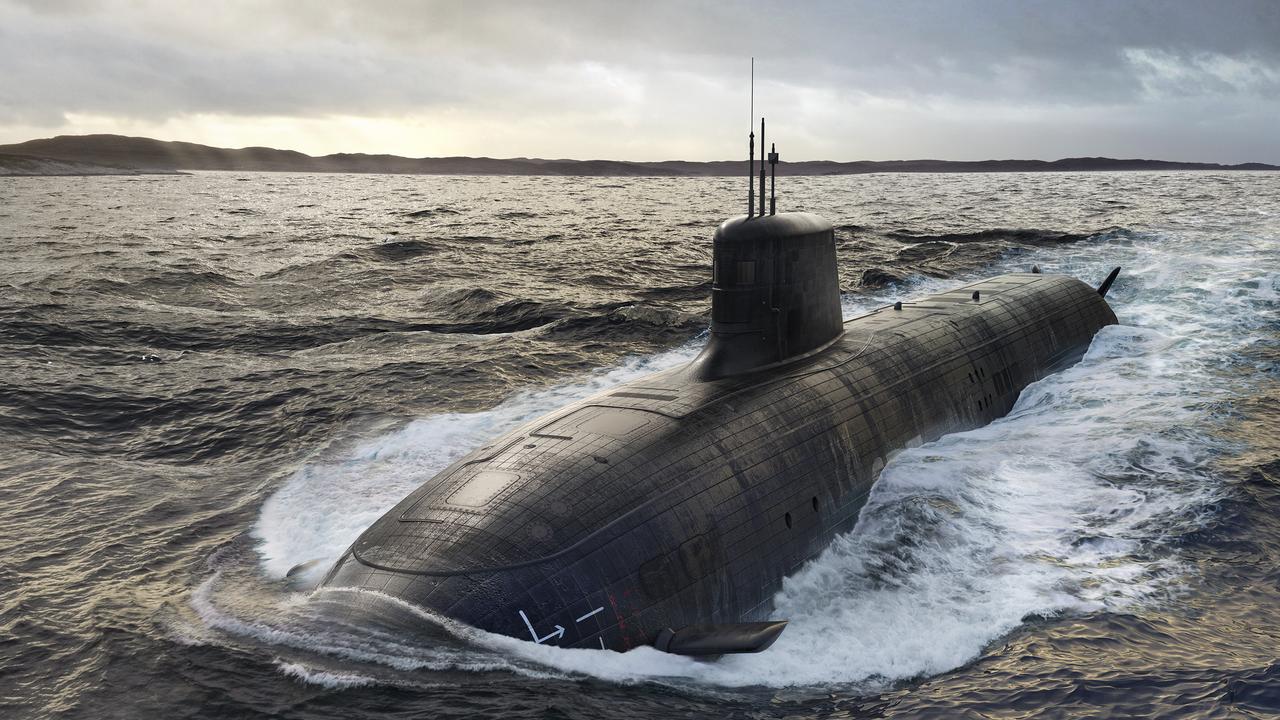AUKUS a ‘grave risk’ to stability in Asia-Pacific, says Russian ambassador Alexey Pavlovsky
Russia has declared the AUKUS nuclear-powered submarine deal is a ‘matter of special concern’ that presents a ‘grave risk’ to the strategic stability of Asia-Pacific.
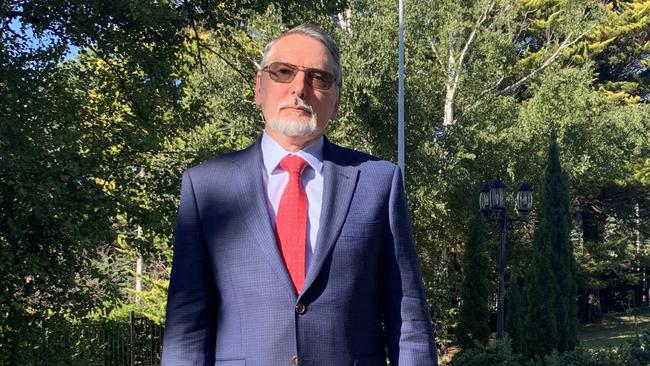
Russia has declared the AUKUS nuclear-powered submarine deal is a “matter of special concern” that introduces a NATO-centric structure to the region and presents a “grave risk” to the strategic stability of Asia-Pacific.
There is also a warning that the “bloc-based foundation” AUKUS will be followed closely in Russia in the years ahead.
Russia’s ambassador to Australia, Alexey Pavlovsky, said “narrow and exclusive” strategic agreements were counter-productive and such Cold War-style deals would not occur between Russia and China.
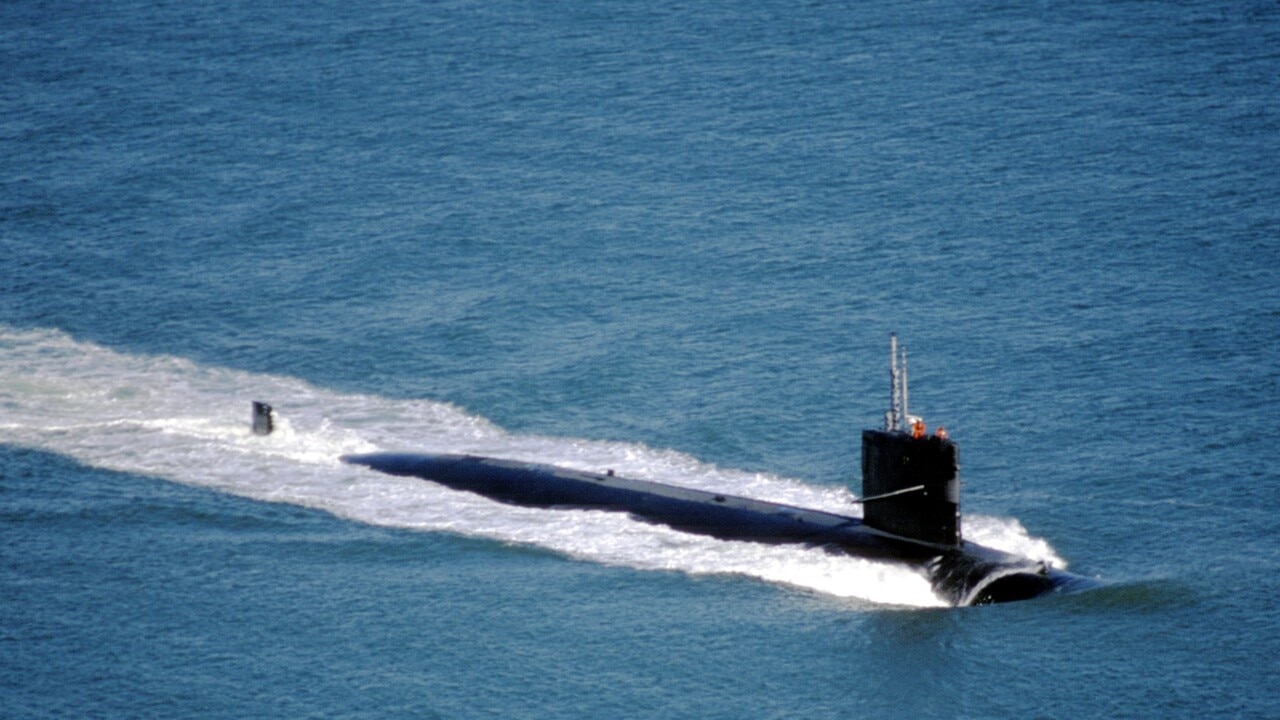
“It is crucial that the participants strictly adhere to their (nuclear) non-proliferation obligations,” Mr Pavlovsky told The Weekend Australian on Friday.
He also suggested Australia should be interested in whether 155mm artillery shells being supplied to Ukraine were being used in “war crimes” and whether military hardware being paid for by Australian taxpayers was being sold on the dark web.
On the AUKUS agreement Mr Pavlovsky said: “Grave risks are obvious for strategic stability in Asia-Pacific.
“We consider that this is more than a defence technology platform. This is a bloc-based foundation for forming NATO-centric infrastructure in the region, with obviously far-reaching negative implications.”
The $360bn Australian, UK and US agreement to deliver nuclear-powered subs to Australia has attracted sharp criticism from China, which has complained of being encircled and of a threat to nuclear non-proliferation agreements.
Mr Pavlovsky said Russia and China do not have a military and political alliance of the kind during the Cold War and nor would they have an agreement that would make sure an ally pays “for a dubious multi-billion dollar defence project”.
In relation to the recently expanded Quadrilateral agreement to join India with Australia, the US and Japan, Russia “favours inclusive mechanisms of equal-footed co-operation, built around ASEAN, like the East-Asian summit”.
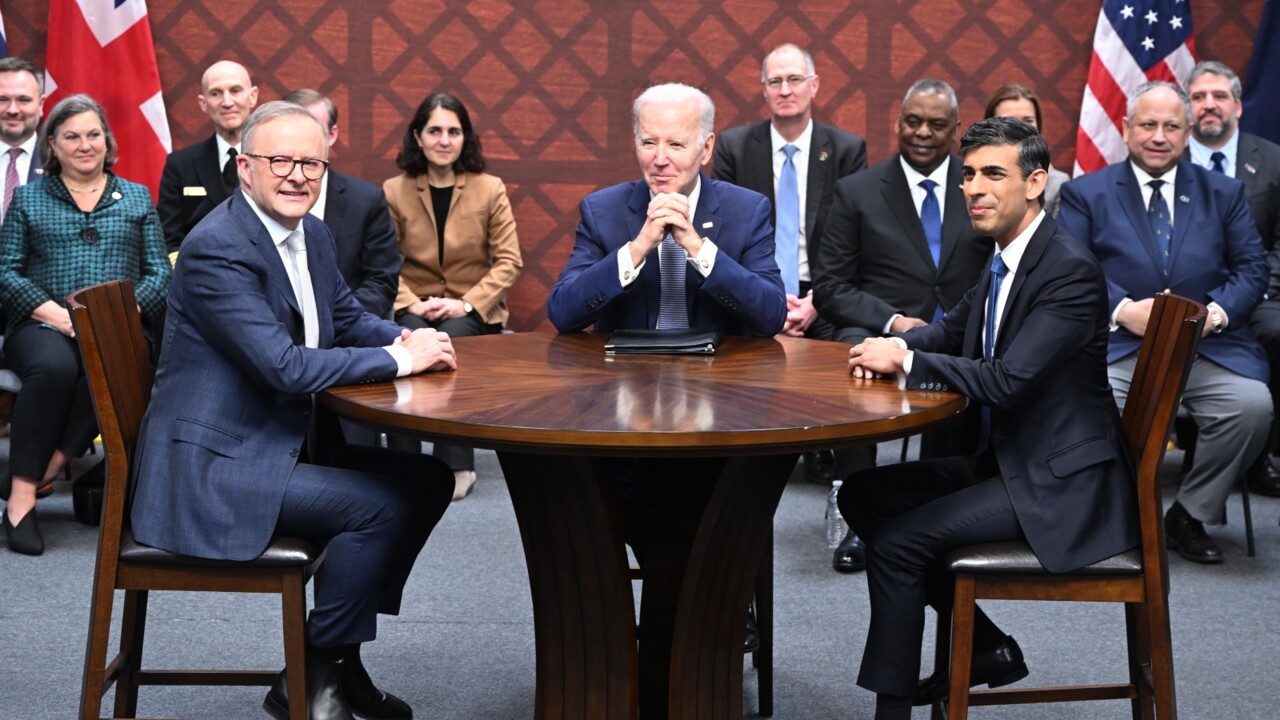
Mr Pavlovsky also said Australia’s continued bipartisan support for Kyiv through military aid meant “any country sending lethal weapons to Ukraine becomes de facto a party to the military conflict”.
“The Australian government as always is moving in lock-step with the ‘the main ally here (US)’ helping fuel and fan that war, while shedding crocodile tears, I would say, about the plight of Ukraine on the way,” he said.
Australia should be “interested” that many civilian casualties in the Russian-held Donbas region were from 155mm shells: “Those, exactly what Australia produces and supplies together with France”.
But he said there was no direct evidence munitions supplied from Australia had been used in shelling civilian targets.
“We don’t know which shells are used to do that, obviously, but we think Australia should be interested, including as a party to the international treaty on trade on weapons,” Mr Pavlovsky said.
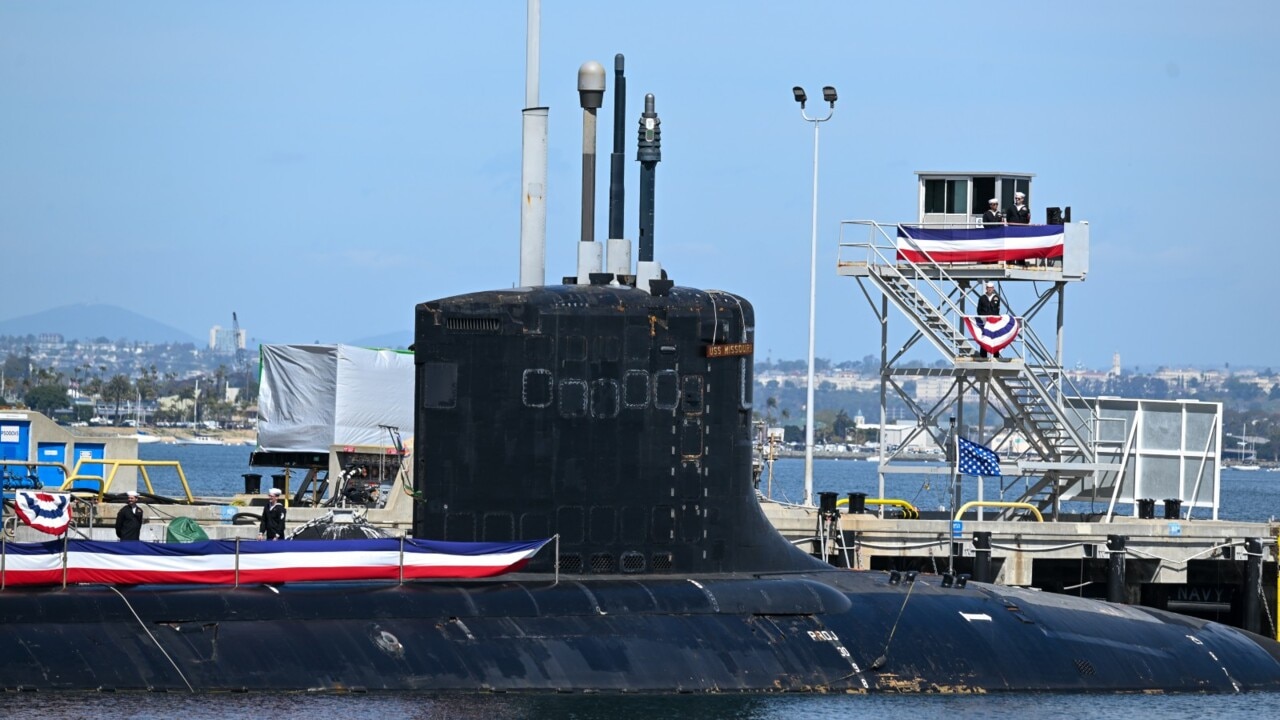
He conceded claims about both sides committing war crimes and being corrupt were widespread but said Australian taxpayers who “cough up” for military aid to Ukraine should at least know it was being used as intended.
A year ago Mr Pavlovsky told The Australian a diplomatic settlement of the conflict was “very much possible”.
But on Friday he said: “I’m not optimistic about peaceful settlement. The current situation perfectly fits the US grand strategy. And I’m certain they will protract it as long as they can.
“So it would be safe to say that the conflict could have been over a year ago, at the time of our previous interview, and no further casualties and destruction would have followed but the West obviously have different plans for Ukraine.”
The ambassador said it would be naive to think Russia would not act to offset NATO’s nuclear power in relation to the announcement last week that nuclear weapons could be moved to Belarus.
“The main purpose of Russian nuclear weapons is deterrence against a nuclear attack,” Mr Pavlovsky said.


